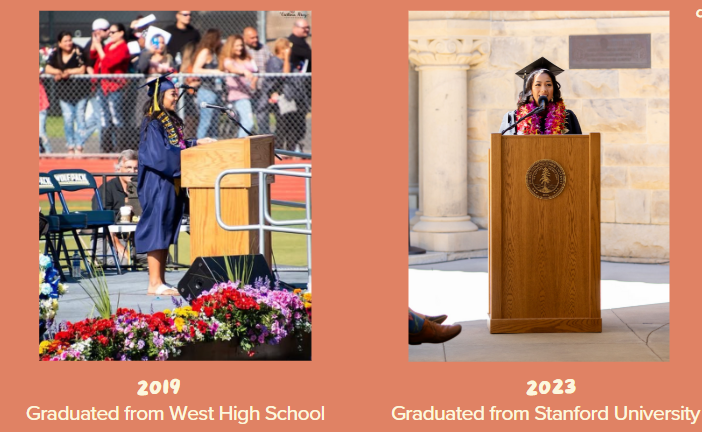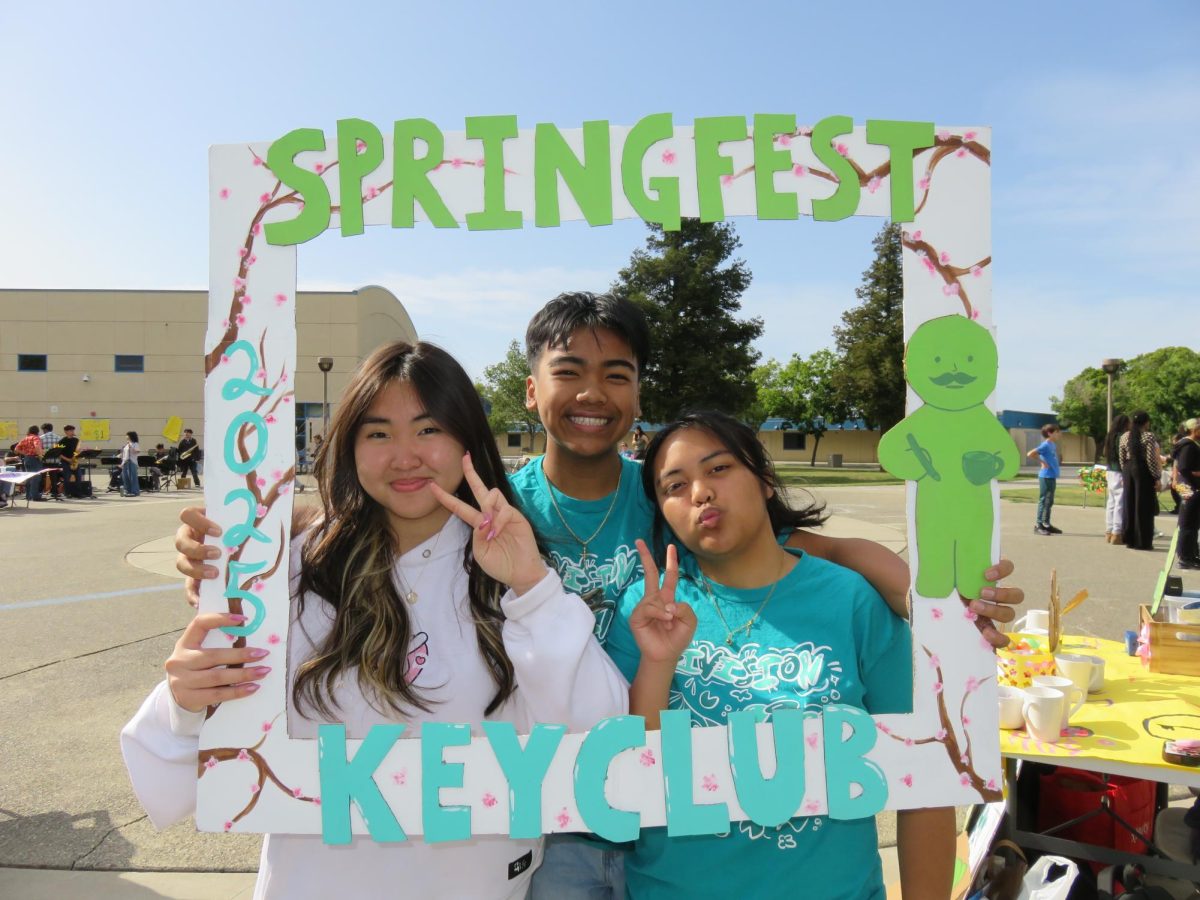Based on an article from the American Academy of Pediatrics, they emphasize that breaks are essential for students’ health, cognitive development, and overall well-being. They argue that recess and physical activity can improve students’ attention and academic performance. (Source: https://pediatrics.aappublications.org/content/early/2018/12/17/peds.2018-3037)
According to The Centers for Disease Control and Prevention (CDC), regular physical activity, which can occur during recess, is critical for brain function, academic performance, and emotional well-being. (Source: https://www.cdc.gov/healthyschools/physicalactivity/facts.htm)
Research from The National Education Association (NEA) suggests that extended break times can lead to improved student behavior, higher academic scores, and more effective classroom learning, as students return to their studies more focused. (Source: https://www.nea.org/professional-excellence/student-engagement/tools-tips/benefits-recess)
A study published in The Journal of School Health finds that recess is linked to improved social skills, including communication, teamwork, and conflict resolution, which are important for students’ social development. (Source: https://onlinelibrary.wiley.com/doi/abs/10.1111/josh.12006)
An article from Harvard Health Publishing explains the benefits of sunlight exposure, particularly for high school students who often spend most of their time indoors. Exposure to natural light during breaks helps regulate mood and boosts vitamin D levels, which are important for mental and physical health. (Source: https://www.health.harvard.edu/mind-and-mood/why-we-all-need-sunshine)
I also asked some students about this topic, and they responded with positive feedback. One student mentioned, “Longer breaks would give me a chance to relax and recharge, which helps me focus better in class.” Another student shared, “Having more time to hang out with friends during break would make school feel less stressful and more enjoyable.” These personal insights further support the idea that longer break periods could have a significant impact on students’ well-being and academic performance.





